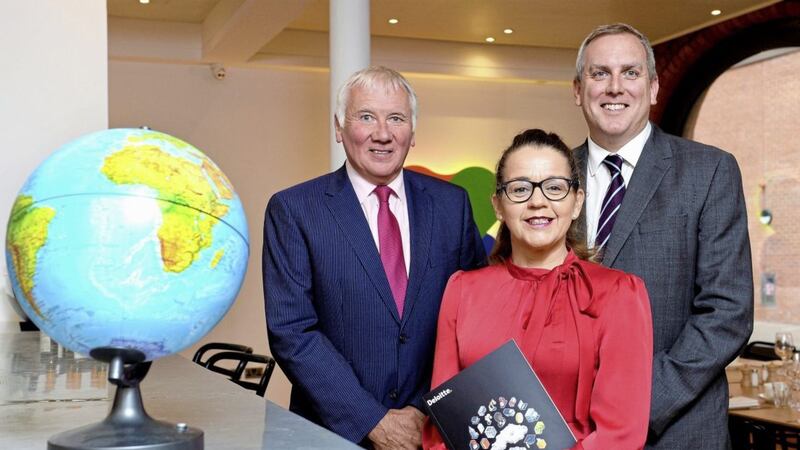THE former head of the Northern Ireland Civil Service has said a new report examining the future of the north's public services has the potential to save the economy "considerable sums of money".
Sir Malcolm McKibbin, who retired from the senior position in June last year, was speaking following the publication of 'The State of the State 2018-2019 Northern Ireland' - a Deloitte report on how to change patterns of spend and ensure the future sustainability of our public services.
The report looks at some of the major challenges that need to be addressed in the big spending areas such as health, education and infrastructure.
Drawing on work already carried out by the north's administration and case studies from across the world it suggests interventions for debate and consideration by future decision makers.
In education proposed changes include the rationalisation of the schools' estate, while in health potential charging for missed GP and hospital appointments is mooted. Meanwhile options for tackling major infrastructural issues in the north could include the possible removal of the 60 Plus SmartPass, which enables free travel, and future water charges for non-vulnerable customers.
Mr McKibbin, now an associate at Deloitte, acknowledges there has been a "continual deterioration" in recent years, augmented by the lack of a Stormont Executive and cited the recent figures published by Northern Ireland Audit Office showing almost 400 schools in deficit last year.
He believes "hard choices" will have to be made in the future to address the slide, but believes some of the ideas contained within the new report have the "potential to save considerable sums of money if implemented".
"Although we don't have a government now I imagine the Civil Service will find the report of interest and it may well decide to pursue certain of these interventions if they have the authority to do so. So I don't think it will be sitting on the shelf, I think it will be able to be utilised and I do think there is potential benefit in it," he told the Irish News.
"We're seeing other countries, states and cities have successfully risen to the challenges that are facing Northern Ireland. The same challenges exist around the world and there is a way through as evidenced by other countries."
The report states that the cost of delivering public services is rising more quickly than the budget available, while growth in the Northern Ireland economy has stalled. Without cohesive political leadership and strategic direction, Deloitte expects the situation will continue to deteriorate.
As well as using examples of how other areas are tackling challenges in public services, the report recommends the use of emerging technologies and digital service provision as a means to stave off a crisis.
Jackie Henry, office senior partner at Deloitte Northern Ireland believes the current patten of spend is "unsustainable", but there is hope for the future.
“Governments around the world are responding to their own particular challenges in different and innovative ways by, for example, reconfiguring services and developing smart cities and regions.
"Given the relatively small size of Northern Ireland, both geographically and demographically, it is feasible that many of the innovative technological and digital initiatives already employed elsewhere could be successfully introduced to manage or influence service demand, reduce costs and promote better outcomes," she added.

